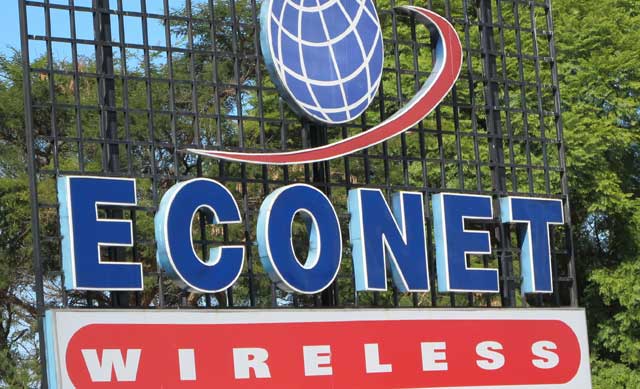
Staff Reporter Econet Wireless, Zimbabwe’s leading telecommunications and technology company, continued its network infrastructure investment drive in the second quarter of 2021, adding 28 new base stations, according to the latest sector performance report.
The Postal and Telecommunications Regulatory Authority of Zimbabwe (Potraz) said mobile networks added a total 52 base stations in the second quarter, with NetOne putting up 17 base stations, while Telecel added seven, bringing the cumulative total number of base stations in the country to 9 048.
The latest drive by Econet, which currently boasts of 5 047 bases stations, comes at a time when the telecoms sector is dogged by rising operating costs, acute foreign currency shortages and depressed aggregate demand.
According to the Abridged Postal and Telecommunications Sector Performance Report Second Quarter 2021 released lastThursday, the industry’s operating cost grew by 15.8% to ZW$8.9 billion while revenues grew by 22.2% to ZW$16.9 billion in the same period. In the period under review, Econet’s operating costs increased by 16.2%, while NetOne and Telecel’s operating costs surged by 10.2% and 42.1% respectively.
“Staff costs, depreciation, and bandwidth costs continued to constitute the bulk of mobile network operating costs,” read part of the report. Analysts said it was crucial for the government to introduce incentives, such as tax breaks, to allow the industry to cut down on costs that are threatening to erode margins and impact the sector’s viability.
The Potraz report also highlighted the need to capacitate the sector, which continues to be critical in keeping the economy running in the midst of the Covid-19 pandemic by providing businesses with critical connectivity and operational resilience.
“This has, however, resulted in an unparalleled surge in the use of the internet in providing e-services, among which e-learning, e-shopping, e-worshiping and e-health would quickly come to mind. Indeed, the pandemic has shone a light on the urgent need for accelerating digital transformation. The necessity for greater investment in digital technologies, skills, resilience and innovation can never be overemphasised,” Potraz said.
“Never before in our lifetime have circumstances changed so fast, and has there been a greater need to adapt. This calls for concerted efforts in the consolidation of strategies that deliberately focus on ICT development, executing smart policies and effective processes that embolden investments in ICTs and digital skills, and embracing emerging technologies that are crucial to the digital economy.”
- Chamisa under fire over US$120K donation
- Mavhunga puts DeMbare into Chibuku quarterfinals
- Pension funds bet on Cabora Bassa oilfields
- Councils defy govt fire tender directive
Keep Reading
In the second quarter, mobile internet data traffic increased by 7.2% to 23 436 terabytes from 21 865 terabytes in the previous quarter. According to the report, Econet’s data market share jumped 0.6% while NetOne and Telecel lost market share by 0.4% and 0.2% respectively.
“The total number of active mobile telephone subscriptions increased by 3.9% to reach 13 481 527 in the second quarter of 2021 from 12 970 615 recorded in the first quarter of 2021. As a result, the mobile penetration rate increased by 3.5% to reach 91.3% from 87.8% recorded in the first quarter of 2021,” said Potraz.











